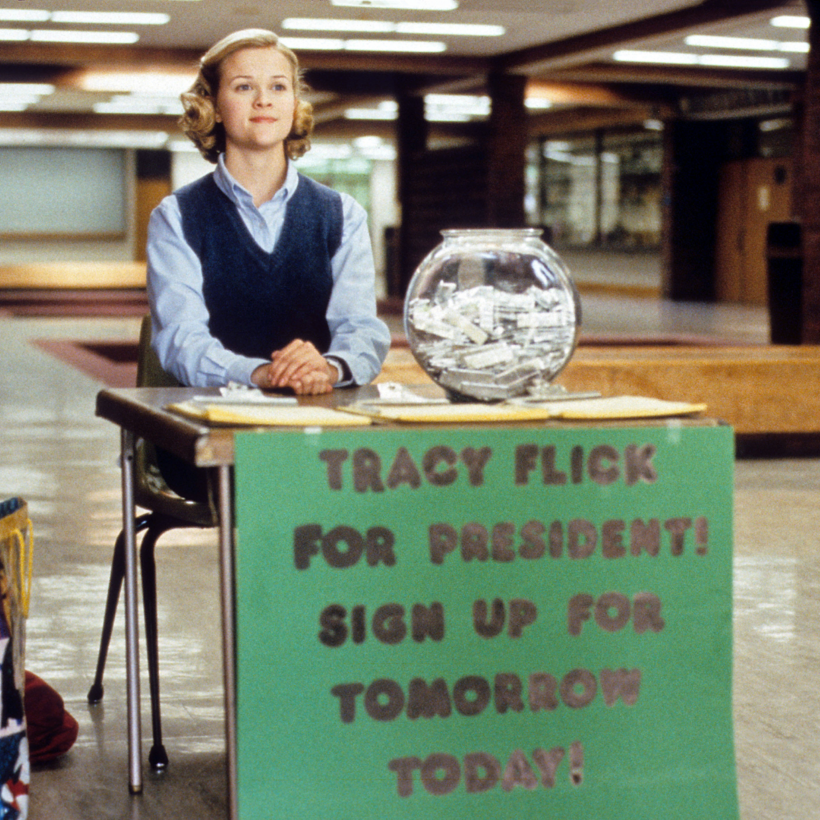The novelist Tom Perrotta is 60 years old, a long-married father of two grown children, and a resident of suburban Belmont, Massachusetts. He’s an uncool man at an uncool age living in an uncool town. He has wasted no time with high-profile literary feuds. He has punched nobody, has neither canceled nor been canceled, and doesn’t bother with social media. (The only Tom Perrotta on Twitter is the late, very good tennis journalist.)
Rather, he works. The son of a mailman, Perrotta has his father’s rain-or-shine discipline, and it shows; his new novel, Tracy Flick Can’t Win, a sort of sequel to his classic Election, is his 10th book in 28 years. More than any other contemporary writer, he has taken to heart Flaubert’s dictum: “Be regular and orderly in your life, so that you may be violent and original in your work.”

